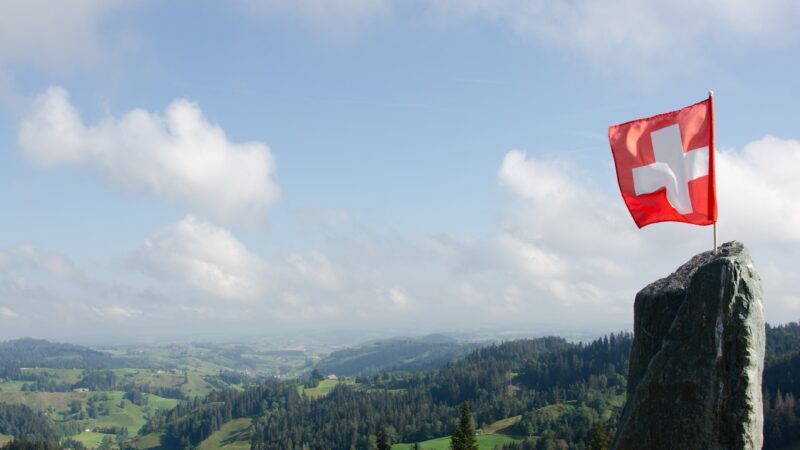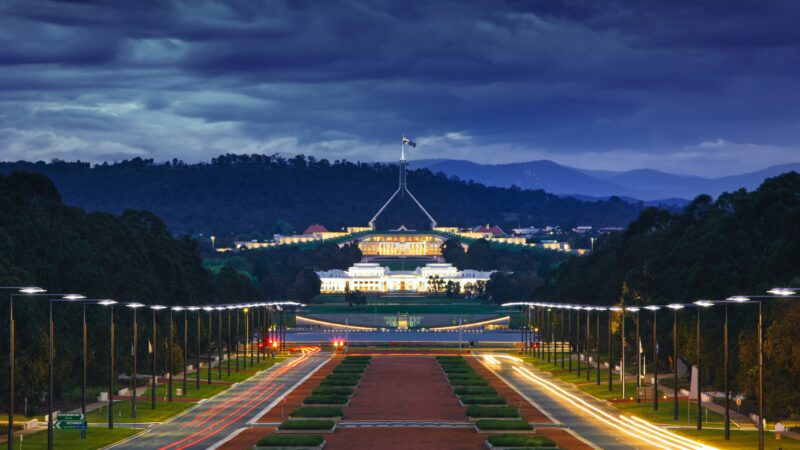The legendary German historian, Oswald Spengler, was born in the German Empire on the 29th of May, 1880 AD. He is best known for his two-volume book The Decline of the West, published after the First World War, and his “pessimistic” and “deterministic” views on History – or so the liberal academia claims. In truth, Oswald Spengler postulates that Cultures play the central role of world history, and are analogous to biological entities, each with a limited, predictable and predetermined lifespan which he would define as Destiny. He proposes a Copernican revolution of historical science, substituting the progressive linear course with the conservative cyclical model of history. Although one could find a few obvious mistakes in Spengler’s entire narrative, which were upgraded by other authors such as Arnold J. Toynbee and Amaury de Riencourt, many of his theses are on point. He has indeed discovered the hidden rhythm of History, the ebbs and flows of Cultures and Civilizations – which are completely different terms in Spengler’s model.
Cultures are the original spiritual organisms, born from rural areas, characterized by a unique and deep spirituality, manifested through the Culture’s art and architecture. They are young and vigorous, representing the Spring and Summer seasons of a High Culture’s life-cycle. A Culture’s values are aesthetic, religious and, usually, aristocratic. Civilizations are overripe Cultures, mechanized spiritual organisms bound by ethics – secular and democratic in nature. Civilizations are born in the Autumn Stage of a High Culture’s lifespan, lasting out until the very end of its Winter Stage. By the coming of Winter, a series of powerful figures rise to tame the chaotic waves of Democracy as Civilization crumbles. These figures are, out of convenience, named as “Caesars”. Caesarism is will-to-order personified, a century-long process of societal militarization under the watchful gaze of absolutist dictators. Spengler believed that Western Civilization would bow itself before its Caesars somewhere between 2000 AD and 2200 AD, just like its predecessor, the Civilization of Rome, which was overtaken by its Caesars between 100 BC and 100 AD.
In Hitler’s National Socialism, or Mussolini’s Fascism, Oswald Spengler saw no Caesars – just reckless adventurers who would go on to destroy their countries. In 1933 AD, Spengler accurately predicted that the Third Reich would collapse by 1945 AD. Thus he was, and remained, a stark critic of Nazism and Fascism. However, in the appearance of Benito Mussolini, Spengler saw the shadow of the future Caesars. He saw their shadow in the person of the legendary British colonial entrepreneur and adventurer Cecil Rhodes as well. Spengler predicted that by the year 2000 AD, Western creativity will cease. Any observer of modern cultural trends can see the devolution of music, film, video games and art in the last three decades – in different rhythms, of course. He also believed that a Second Religiousness will follow the footsteps of the future Western Caesars. The seeds of this future Second Religiousness could be seen in the de-secularization of society, either by New Age cults or the impulses of more traditional religious forms across the West.
All of these predictions he made are just the beginning…
The mind of Oswald Spengler provides future historians (and historiosophers!) with far deeper insight than mere predictions about the future. An often forgotten fact is Henry Kissinger’s senior undergraduate thesis, titled The Meaning of History: Reflections on Spengler, Toynbee and Kant, which was over 400 pages long. And the role of Henry Kissinger in international affairs, as well as his relationship with the American political or business establishments, needs no introduction. Thus, an objective analyst of international relations should ask himself – what role did the ideas of this now-forgotten German historian play in the shaping of the modern world as we know it. Other important discussions started by Spengler are concerned about themes quite relevant to our time: the relationship between Man and Technics, the need for a Conservative Revolution across the West, the role of Socialism in the coming centuries, and many others – each a topic for itself.
What was sparked by Ibn Khaldun in the Islamic Civilization, carried by the Italian and Russian historians – Giambattista Vico and Nikolay Danilevsky, respectively – was finally delivered by Oswald Spengler, whose mind forged a new perspective on History. This torch was then carried by Arnold J. Toynbee – whose erudition and classifications reached unseen heights, Amaury de Riencourt – whose insight discovered even deeper currents of History, or Carroll Quigley – whose purely scientific method of analysis broadens some of the arguments proposed by Spengler, and especially Toynbee.
His ideas have been influential among right-wing and left-wing thinkers alike. Socialist figures such as the German intellectual, Theodor Adorno, or the Afro-American revolutionary, Malcolm X, saw merit in the theories and models of Oswald Spengler. Conservatives, such as the Spanish philosopher, Jose Ortega y Gasset, Ernest Junger or Leo Strauss, were influenced by Spengler’s ideas. The American policy maker, George F. Kennan, as well as the famous American horror writer, Howard Phillips Lovecraft, were also interested in Spengler’s view of History. Joseph Campbell, an American analyst of comparative religion, claimed that his view on religious history would be impossible without the ideas proposed by Oswald Spengler. Fascists, like Francis Parker Yockey, Karl Haushofer, Oswald Mosley and Julius Evola, were quite impressed by Spengler’s revolutionary theses. Even the notorious Russian philosopher, Alexander Dugin, quotes Oswald Spengler quite extensively. Islamic radicals are well-acquainted with his ideas as well. Various, often opposing parts of the political spectrum have shown support or praise for the insights offered to us by this, often ignored and easily dismissed, German historian.
It should be noted that Oswald Spengler deals in quite interesting terms – such as Destiny, Will, God, Blood and others – while remaining neither a religious nor a secular historian. Thus, from his quite objective standpoint in the dispute between the faithful and secularists, he more often than not affirms the important role religion plays in the development of a Culture’s Soul. Some of Spengler’s ideals are derived from Goethean science, sparked by the German writer, Johann Wolfgang von Goethe, and later popularized, at least in the Anglo-Saxon world, by the works of the Austrian occultist, Rudolf Steiner.
But another important question must be asked before this essay about the great German historian ends…
The importance of Spengler’s ideas for the philosopher and the social scientist are quite obvious by now. However, of what importance are his ideas for the common man?
In his book, Man and Technics, Spengler paints a very bleak future for the West in the coming centuries. But at the same time, he offers a very simplistic solution. Spengler advises the Western Man to behave like the Roman soldiers stationed at Pompeii during the eruption of Vesuvius – a stoic resistance to the inevitable currents of History which will be remembered by future generations until the End of Days. A last stand, if you will, against the inescapable Doom which eventually awaits the West, whose sheer willpower will stand the test of time as one of the most tragic, yet the most epic tales of all time. In the end of all things Western, against the encroaching Darkness, Oswald Spengler offers a manly solution – worthy of the old Germanic warrior sagas whose motifs still inspire the last aristocrats of the soul across the modern West.
As the cult-classic American fantasy novel written by George Martin, A Song of Ice and Fire declares: “Winter is Coming.”
And Western Man should brace for it…
For this Winter may prove to be the harshest one of them all…



